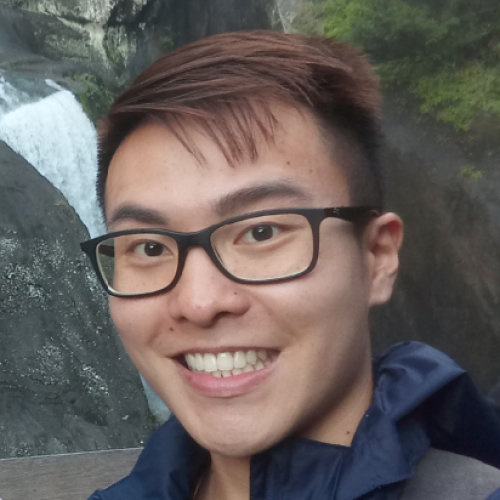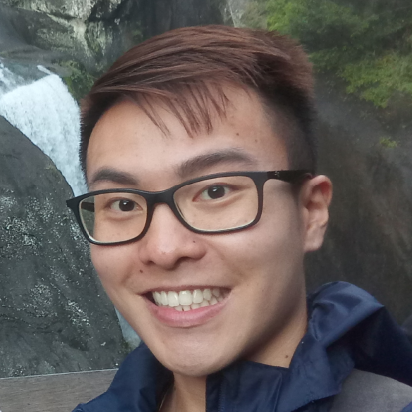
Andy Tran
The University of Sydney
Andy completed a Bachelor of Science in Mathematics and Statistics at the University of Sydney. After attending AMSI BioInfoSummer in 2017, he decided to pursue a Masters’ Degree in bioinformatics.
Can you give me a quick overview of the type of mathematics you are studying and its potential applications or outcomes
My current research tries to computationally predict the outcome of a cell reprogramming experiment. This is important because performing cell reprogramming experiments can be expensive and time consuming, so being able to predict (with even a small degree accuracy) the outcome beforehand can save a lot of time and effort. This research could one day play a role in regenerative medicine for diseases like diabetes and Parkinson’s disease.
How did you get into the mathematical sciences/bioinformatics?
It started off with an off-hand comment from one of my statistics lecturers who said that mathematics and statistics is playing a growing role in biology. This kindled my interest to apply my mathematical skills in a biological context where there is an increasing demand for such skills.
What advice would you give to your younger self or others wanting to studying the mathematical sciences?
I would tell myself to take opportunities that come up and also to expose to new opportunities, for example by attending AMSI events. I think this is especially important for mathematics students, as unlike other disciplines like engineering which lead to a concrete career path, maths students have a wealth of career choices to pick from. So it is important for maths students to learn about what opportunities are out there.
What was your motivation for attending AMSI BioInfoSummer?
I wanted to learn more about what is happening in the field of bioinformatics. It’s such a quickly evolving field that it really helps to attend these events to see what other research groups are doing. I first heard about it from the same stats lecturer!
You received an AMSI BioInfoSummer registration scholarship to attend AMSI BioInfoSummer. How important was this in terms of your ability to attend and fully participate in the sessions throughout the week?
I think such it’s a great thing that AMSI provides these scholarships to students and it’s definitely sending a positive message that students are encouraged to and rewarded by going to AMSI events.
What was your main take away from AMSI BioInfoSummer?
I really enjoyed the opportunity to see how bioinformatics is used in other disciplines, such as plant bioinformatics or in agriculture. These aren’t my research specialties so I didn’t know much about them, but it was so great to see that people are tackling the world’s biggest problems using bioinformatics.
If a peer asked you if they should attend AMSI BioInfoSummer, how would you describe the conference to them?
A great opportunity to get a taste of what goes on in bioinformatics!
BioInfoSummer was held as a virtual event for the first time in 2020. What was the biggest positive from your point of view of holding it in this format and/or the biggest challenge?
I think the biggest challenge was being unable to interact with other participants and speakers.
Where do you want the mathematical sciences to take you? Where do you see yourself in five or ten years’ time?
I would hope to continue going down the path of bioinformatics!
2020 has been a very unusual and challenging year. What is one thing you have learnt about yourself this year? Or a new skill you have developed?
I think this year has forced me to become adaptable and to step out of my comfort zone. As I’m sure many other people have experienced as well, I’ve had to change (with no notice) a lot of the ways I do things, and interact with other people.

